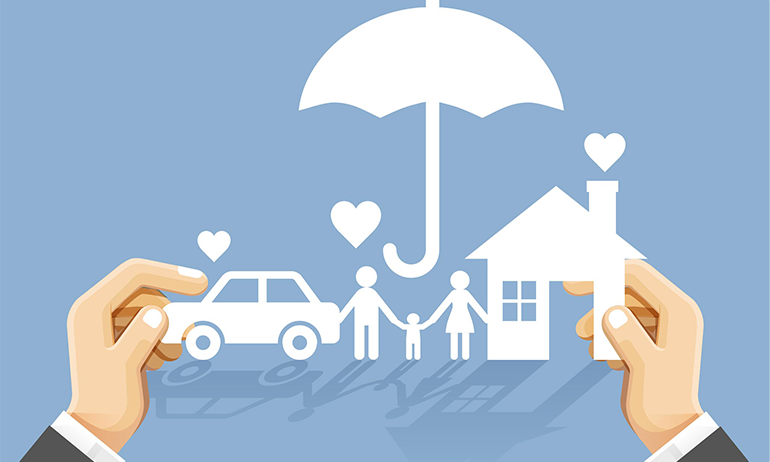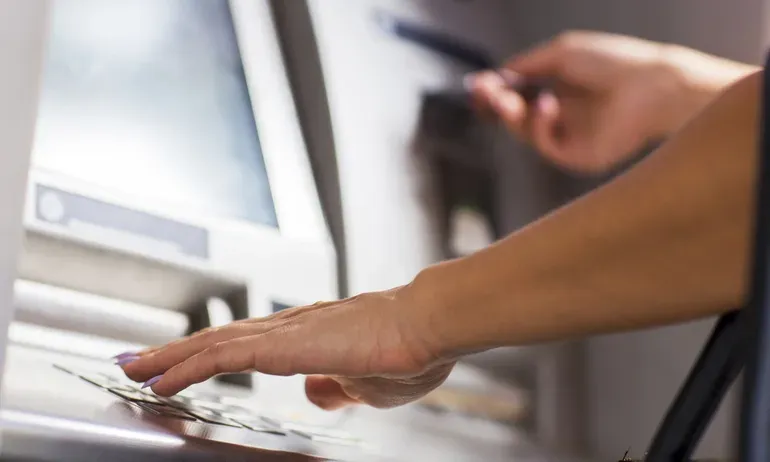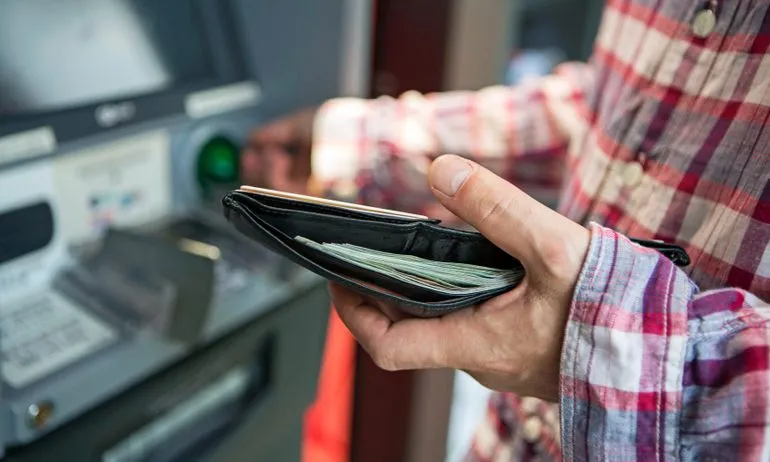The Importance of Having an Independent Bank Account for Your Side Hustle

The Thrill of the Gig Economy: Your Path to Financial Independence
With the rise of platforms like Uber, Lyft, YouTube, Etsy, and Airbnb, the gig economy has taken center stage, offering a thrilling way to make money. Whether you're picking up rideshare passengers, transforming your home into a cozy Airbnb, creating engaging how-to videos, or selling your unique artwork, modern technology empowers individuals to seize opportunities like never before.
The Tax Tango: Why Financial Separation is Key
Though signing up for these platforms is typically a breeze, the real challenge surfaces when tax season rolls around. Managing finances can quickly become overwhelming, which is why keeping personal and business money separate isn't just ideal—it's essential.
Crafting Your Financial Fortress: Open a Dedicated Bank Account
Let's kickstart your journey into the gig economy by establishing a dedicated bank account for your new venture. Many small businesses and freelancers opt for a separate account to streamline expense tracking and maintain clarity between personal and professional finances. This organizational move sets the stage for a smoother tax-filing experience down the line.
The Perks of Financial Distinction
Keeping your finances divided offers numerous advantages, with the biggest benefit being the reduction of stress during tax time. Let’s delve into some of the most compelling reasons to maintain a separate business bank account:
Streamlined Expense Tracking
As an Etsy shop owner, for instance, monitoring business-related expenses such as shipping costs, materials, and travel becomes a straightforward task. With everything in one place, it’s much simpler to evaluate profitability and identify spending patterns.
Audit Preparedness
In the event that you find yourself under the tax man's magnifying glass, having a dedicated account makes it easy to produce clear evidence of your financial activity, taking the guesswork out of the process.
Solid Bookkeeping Foundation
The Internal Revenue Service (IRS) suggests monthly reconciliation of bank statements for accuracy. This practice is much easier when you're not sifting through personal transactions, significantly reducing the likelihood of errors.
A Real-World Example: Stay Organized Like Danielle
Consider Danielle Bruflodt, who started her Etsy shop, Thyme is Honey, as a modest side hustle five years ago. She now navigates multiple business ventures with ease, thanks to her organized financial system. “As someone terrible with numbers, having separate accounts has simplified everything," she shares. "I can clearly see what’s coming in and what’s going out, making it easier to manage each business’s expenses.”
Understanding the Bigger Picture
Opening a separate bank account for your gig endeavors is a pivotal first step. However, recent research from the Kogod Tax Center at American University reveals a staggering 36% of gig workers are still unaware of the documentation needed for tax purposes. “In their first year, many don’t know the steps they need to take,” says Caroline Bruckner, author of the study. “But with experience, they start to get it right in the following years.”
Creative Alternatives: Finding Your Financial System
Not everyone uses separate bank accounts. Veronica Smith, for instance, doesn’t maintain a specific account for her Spanish-language YouTube channel, VeroHoy. Instead, she utilizes accounting software to track income and expenses across her ventures. Meanwhile, Jeremy Miller, driving for Uber in his spare time, relies on a simple spreadsheet to keep tabs on mileage and earnings.
Your Journey Begins: Create a Personalized Financial Strategy
The most important takeaway? Find a financial organization system that works for you, and stay disciplined from the outset. Whether you opt for a dedicated account, use software, or stick to spreadsheets, a proactive approach will pave the way to success in the exciting world of the gig economy.








